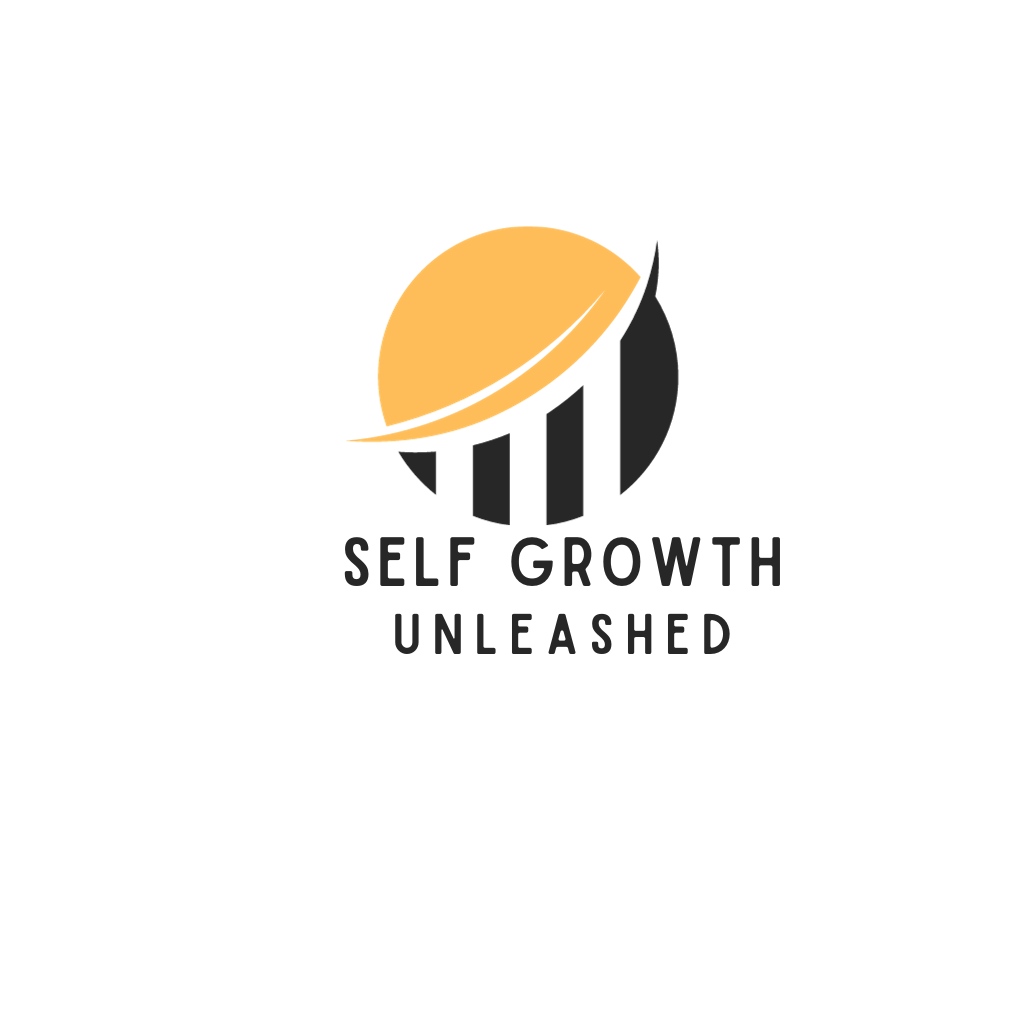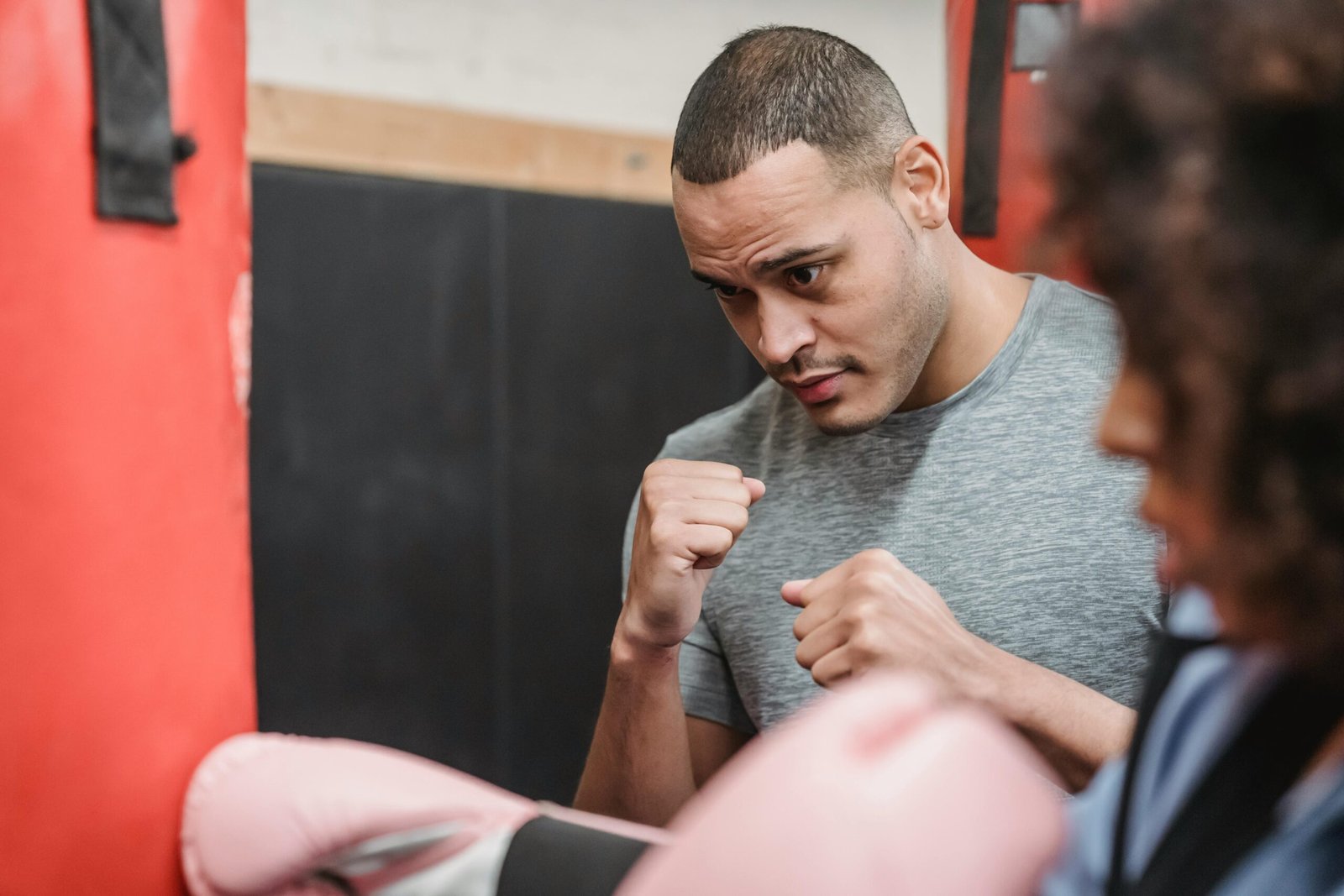Introduction
In this fast-paced world, being able to handle various responsibilities efficiently is key to success. Personal effectiveness skills are crucial for managing tasks, time, and relationships effectively. Let’s explore seven fundamental skills that can help you enhance your productivity and effectiveness in both your personal and professional life.
7 Essential Personal Effectiveness Skills
Setting Clear Goals
Setting clear and achievable goals is the cornerstone of personal effectiveness. By defining what you want to accomplish, you create a roadmap that guides your actions. When setting goals, it’s essential to make them specific, measurable, achievable, relevant, and time-bound (SMART). This approach helps you stay focused and motivated, ensuring that you make progress toward your objectives.
Tips for Setting Clear Goals:
* Break down large goals into smaller, manageable tasks
* Regularly review and adjust your goals to stay on track
* Celebrate small victories to stay motivated
Prioritizing Tasks
Effective time management is a critical skill for personal effectiveness. Prioritizing tasks allows you to focus on what’s most important, ensuring that you make the best use of your time and energy. By identifying high-priority tasks and organizing your day around them, you can increase your productivity and reduce stress.
Strategies for Prioritizing Tasks:
* Use tools like to-do lists, calendars, and task managers to keep track of your tasks
* Identify urgent and important tasks and tackle them first
* Delegate or eliminate tasks that are not essential

Managing Time Efficiently
Time is a limited resource, and managing it effectively is key to personal effectiveness. By adopting strategies to plan, organize, and control your time, you can maximize productivity and achieve a better work-life balance. Time management skills include setting boundaries, avoiding multitasking, and minimizing distractions.
Techniques for Managing Time Efficiently:
* Use the Pomodoro technique to focus on tasks in short bursts
* Schedule time for breaks and relaxation to avoid burnout
* Learn to say no to tasks that do not align with your goals
Effective Communication
Effective communication is essential for building strong relationships and achieving goals. Whether you’re interacting with colleagues, friends, or family members, being able to convey your thoughts and listen actively is crucial. Good communication skills involve verbal and non-verbal cues, empathy, and clarity in expressing ideas.
Key Elements of Effective Communication:
* Practice active listening by giving your full attention to the speaker
* Use clear and concise language to avoid misunderstandings
* Be empathetic and considerate of others’ perspectives
Problem-solving Skills
In a fast-paced environment, being able to solve problems efficiently is a valuable skill. Problem-solving involves analyzing issues, identifying solutions, and making informed decisions. You can address challenges effectively and move towards your goals by developing critical thinking and analytical skills.
Steps for Effective Problem-solving:
* Define the problem clearly and gather relevant information
* Generate potential solutions and evaluate their feasibility
* Implement the best solution and monitor its effectiveness
Emotional Intelligence
Emotional intelligence plays a significant role in personal effectiveness. It involves understanding and managing your emotions, as well as recognizing and influencing the emotions of others. By developing emotional intelligence, you can build stronger relationships, communicate more effectively, and make better decisions.
Components of Emotional Intelligence:
* Self-awareness: Recognizing your emotions and their impact on your behavior
* Social awareness: Understanding others’ emotions and empathizing with their feelings
* Self-regulation: Managing your emotions and impulses in a constructive manner
Continuous Learning and Development
Learning is a lifelong process that can enhance personal effectiveness and growth. By acquiring new skills, knowledge, and experiences, you can adapt to changing circumstances, improve your problem-solving abilities, and stay competitive in today’s dynamic world. Continuous learning allows you to expand your horizons and strive for personal and professional excellence.
Ways to Foster Continuous Learning:
* Read books, blogs, and articles on topics of interest
* Attend workshops, seminars, and online courses to acquire new skills
* Seek feedback and mentorship to gain valuable insights and perspectives
Conclusion
Mastering these seven essential personal effectiveness skills – setting clear goals, prioritizing tasks, managing time efficiently, effective communication, problem-solving skills, emotional intelligence, and continuous learning and development – can empower you to unleash your full potential and achieve success in various aspects of your life. By cultivating these skills and applying them consistently, you can enhance your productivity, build strong relationships, and confidently navigate challenges. Remember, personal effectiveness is not about perfection but progress, so embrace growth and improvement as part of your journey toward becoming the best version of yourself.

